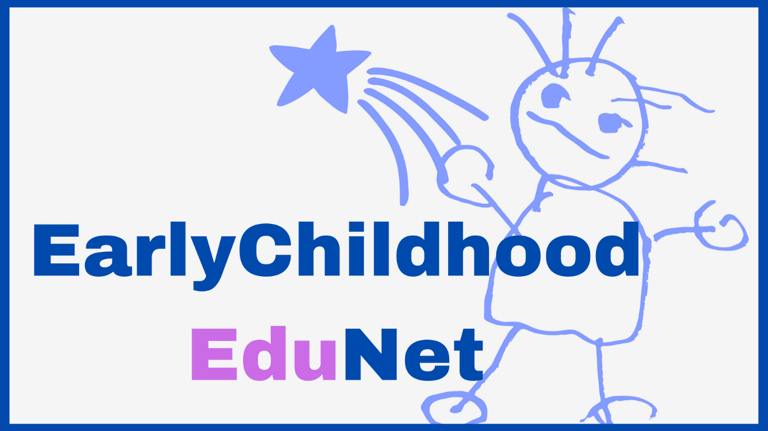How Digital Technology Helps ADHD Children Learn

Digital technology for ADHD Children
by Dewi Griffith Ph.D
As the use of ‘connected devices’ has increased, so has concern about screen-based devices' effects on children. Digital media features may be problematic for certain users and contexts (Bell et All., 2015).
Parenting a child with ADHD comes with unique challenges
In my experience as a mother of two daughters, one of whom struggles with focus and attention, I see how digital technology can help her learn and succeed.
You can search for many educational apps to help children with attention issues stay focused and engaged. These apps use games and quizzes to engage children in learning.
How you use the app and test it is key. Go through the app and do some trials. I found an app that teaches math concepts through interactive games that help my daughter focus and learn, and they are beneficial.
In my opinion, digital technology can accommodate visual and auditory learners, making it easier for children with attention issues to understand concepts.
Digital technology allows for personalised learning, which can benefit children with attention issues. Adaptive learning platforms can adjust material difficulty based on a child's progress, keeping them challenged but not overwhelmed.
VR: how about this?
Immersive learning experiences can engage children with attention issues. VR simulations can engage and educate these children about historical landmarks and scientific concepts.
As a mother, I agree that VR can provide immersive learning experiences for children with attention issues. However, the right age for introducing VR technology to children is crucial to its benefits and development.
Every technology product has pros and cons. We must maximise the advantages they offer, use them in their proper context, and have control over their use.
References :
Bell V., Bishop D. V. M., Przybylski A. K. (2015). The debate over digital technology and young people. BMJ 351:h3064. 10.1136/bmj.h306
Zimmerman F. J., Christakis D. A. (2007). Associations between content types of early media exposure and subsequent attentional problems. Pediatrics 120 986–992. 10.1542/peds.2006-3322
Oei A. C., Patterson M. D. (2013). Enhancing cognition with video games: a multiple game training study. PLoS One 8:e58546. 10.1371/journal.pone.0058546
I've learned from my reading that experts suggest educational videos and podcasts can help these children understand and remember information by visually and audibly stimulating them.
